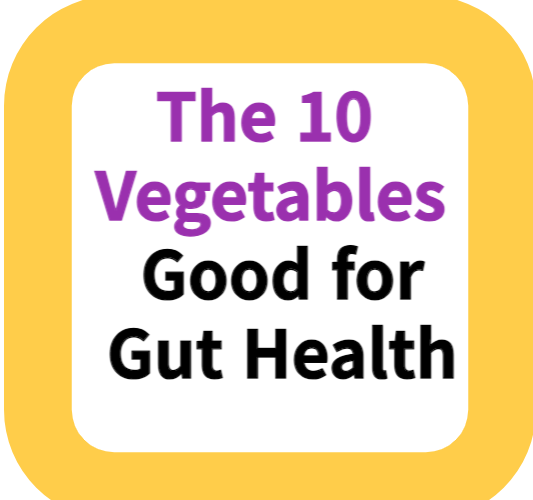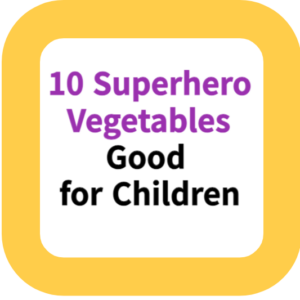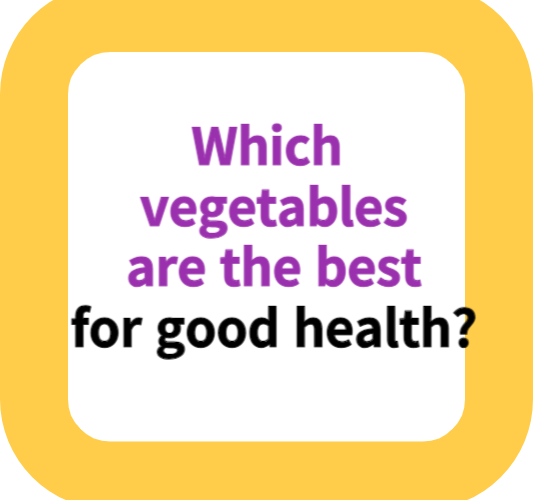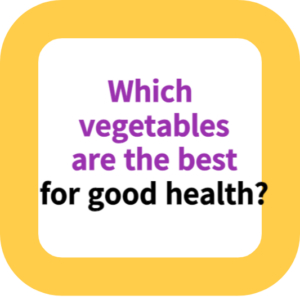The 10 Vegetables Good for Gut Health
Welcome to our latest blog post, where we dive into the vibrant world of vegetables and their profound impact on gut health. In this comprehensive guide, we unveil the 10 super vegetables that are not only bursting with nutrients but are also champions of digestive wellness.
From the green guardians like broccoli and spinach to the comforting fibers of sweet potatoes and the prebiotic powerhouses of garlic and onions, we explore how each of these vegetables contributes to a thriving gut microbiome. Whether you’re looking to enhance your digestive health, boost your immune system, or simply enrich your diet with nutrient-dense foods, this post is your go-to resource.
Join us as we journey through the colorful array of vegetables that can transform your health from the inside out, offering insights into their unique benefits and practical tips on how to incorporate them into your daily meals. Embrace the power of vegetables and take a step towards a healthier, happier gut with our expert guide.
The 10 Vegetables Good for Gut Health
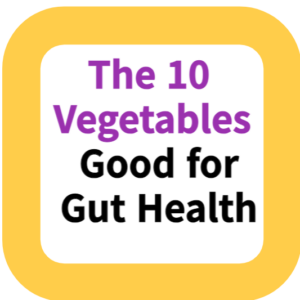
Introduction: Nourishing the Gut with Super Vegetables
In the quest for optimal health, the role of the gut microbiome cannot be overstated. It’s a complex ecosystem that affects not just digestion, but also immune function, mental health, and even the risk of chronic diseases. The right foods can nourish this internal environment, promoting balance and health.
Among the most effective foods for gut health are certain vegetables, rich in fibers, prebiotics, and a myriad of nutrients that support a healthy digestive tract. This expanded guide delves into the top ten vegetables that are particularly beneficial for gut health, explaining how each contributes to a thriving digestive system.
By integrating these vegetables into your daily diet, you can foster a robust gut microbiome, ensuring smooth digestion and enhancing your overall health.
1. Broccoli: The Gut’s Green Guardian
Broccoli, a cruciferous vegetable, is a champion of digestive health. Its high fiber content aids in maintaining regular bowel movements, while the presence of sulforaphane, an anti-inflammatory compound, helps protect the gut lining. Broccoli also supports the detoxification processes in the liver, promoting overall health.
2. Sweet Potatoes: The Gut’s Sweet Ally
Sweet potatoes offer a comforting, nutrient-dense option for those looking to support their gut health. Rich in both soluble and insoluble fibers, they aid in digestion and help maintain the integrity of the gut wall. Their high antioxidant content also contributes to the reduction of inflammation within the digestive system.
3. Carrots: The Gut’s Crunchy Companion
Carrots are not only a crunchy, satisfying snack but also a source of valuable prebiotics. They contain unique fibers that feed beneficial gut bacteria, aiding in the maintenance of a healthy microbiome. Carrots’ high vitamin A content also supports the immune system, which is closely linked to gut health.
4. Brussels Sprouts: The Miniature Nutrient Powerhouses
These tiny cruciferous vegetables pack a punch when it comes to fiber, helping to promote regularity and a healthy gut flora. Brussels sprouts also contain glucosinolates, which can have protective effects against certain types of cancer, including those affecting the digestive tract.
5. Cauliflower: The Gut’s Flexible Friend
Cauliflower’s versatility in the kitchen is matched by its benefits for gut health. High in dietary fiber, it supports healthy digestion and can reduce inflammation in the gut. It’s also a source of sulforaphane, like broccoli, offering protective benefits to the digestive system.
6. Asparagus: The Prebiotic Spear
Asparagus stands out for its high concentration of inulin, a type of fiber that serves as a prebiotic, feeding good bacteria in the gut. This supports not only digestion but also the absorption of nutrients, enhancing overall health.
7. Garlic: The Natural Antibiotic
Garlic’s natural antimicrobial properties make it a powerful ally for gut health. It can help balance the gut microbiome by reducing harmful bacteria and promoting the growth of beneficial ones. Garlic also supports the immune system, further protecting the gut.
8. Onions: The Flavorful Foundation of Gut Health
Onions, rich in antioxidants and soluble fibers like inulin, act as prebiotics in the digestive system. They encourage the growth of healthy bacteria in the gut, contributing to a balanced microbiome and supporting digestive health.
9. Mushrooms: The Fungi That Feed the Gut
Mushrooms are a unique source of beta-glucans, a type of soluble fiber that has beneficial effects on gut health. These fibers can enhance immune function and promote the growth of healthy gut flora, supporting overall well-being.
10. Spinach: The Leafy Green Protector
Spinach is loaded with fiber, vitamins, and minerals that support gut health. Its magnesium content, in particular, is beneficial for digestion, helping to regulate bowel movements and prevent constipation.
Conclusion: Cultivating a Healthy Gut with Vegetable Power
Incorporating these ten vegetables into your diet represents a powerful step toward optimal gut health. Each vegetable offers unique nutrients and fibers that support the digestive system in its own way, contributing to a balanced and healthy gut microbiome.
By embracing a diet rich in these gut-supporting vegetables, you can enjoy improved digestion, enhanced immune function, and a reduced risk of chronic diseases. Remember, variety is key—enjoy these vegetables in numerous forms and combinations to reap the full spectrum of their health benefits.
A commitment to gut health is a commitment to overall well-being, and with these vegetables, you have a delicious and effective way to support your digestive system.
Discovering the Health Benefits of Folic Acid-Rich Vegetables in Your Daily Diet
Top 10 vegetables that have a high overall nutritional value
